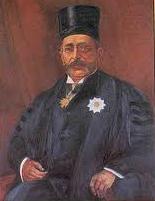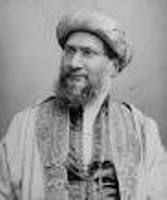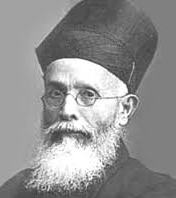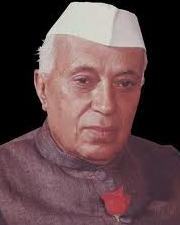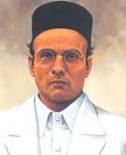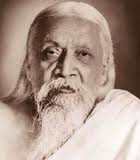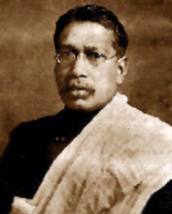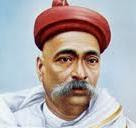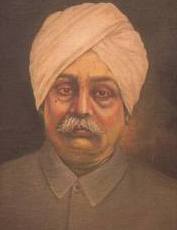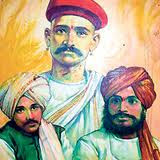 Chapekar Brothers
Chapekar Brothers
The three Chapekar brothers, Damodar Hari, Balkrishna Hari and Vasudeo Hari from Maharashtra, were known for their revolutionary actions in late 1890s. In 1896, Pune was hit by bubonic plague and by the end of February 1897 thousands of people died. During this period, a Special Plague Committee was formed, under the chairmanship of W. C. Rand, an Indian Civil Services officer, and troops were brought in to deal with the emergency. He used tyrannical methods and harassed the people. The measures employed included forced entry into private houses, examination of occupants, evacuation to hospitals and segregation camps, removing and destroying personal possessions, and preventing plague cases from entering or leaving the city. The Chapekar brothers decided to take the revenge on W. C. Rand. In 1897, Rand and his military escort were shot by them while returning from the celebrations of Diamond Jubilee of the coronation of Queen Victoria at Government House. All three brothers were found guilty and hanged. This action of Chaphekar brothers was the first reaction of Indian revolutionaries against British atrocities in India during plague epidemic and was first political murder in Indian freedom struggle.


